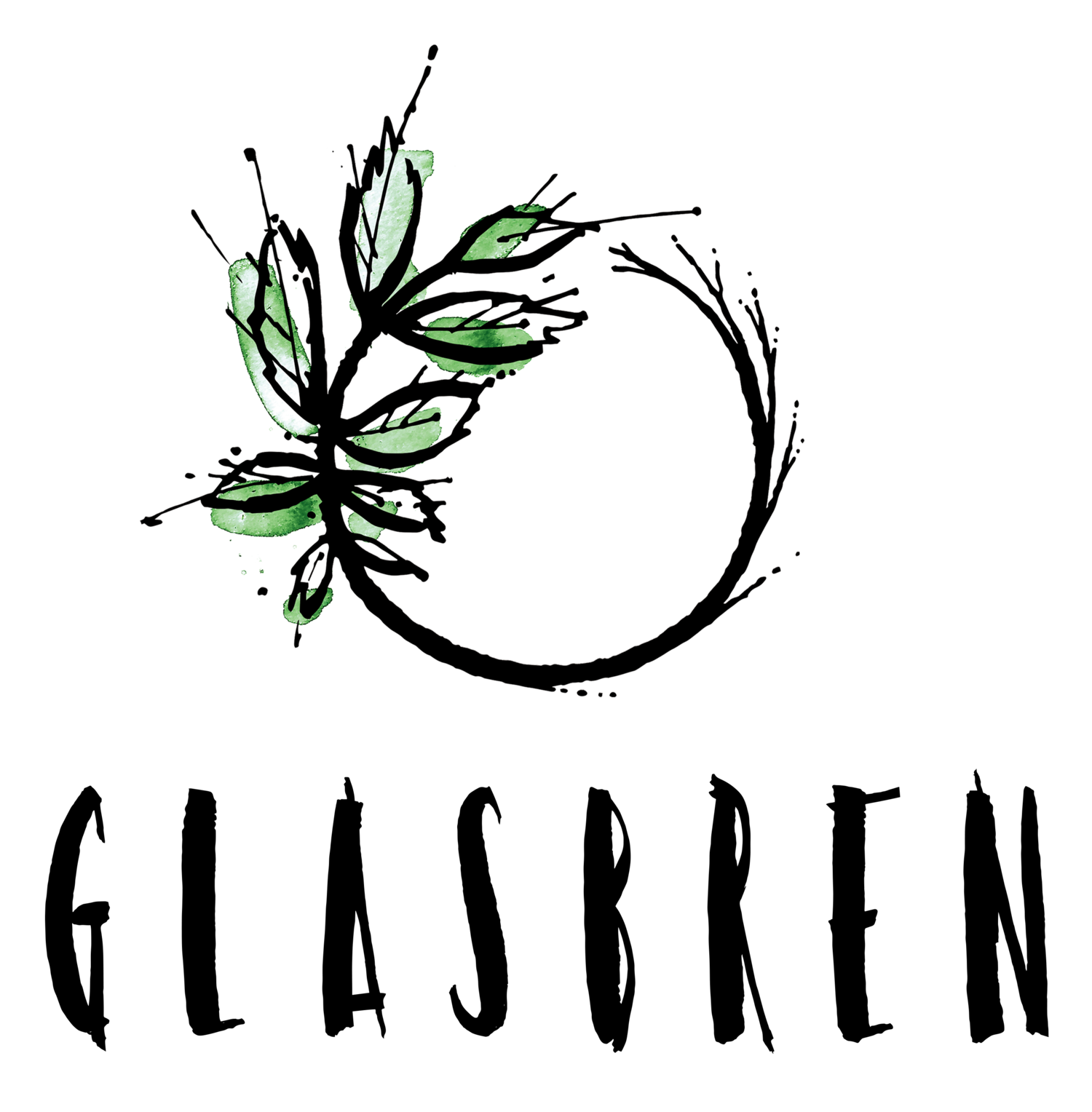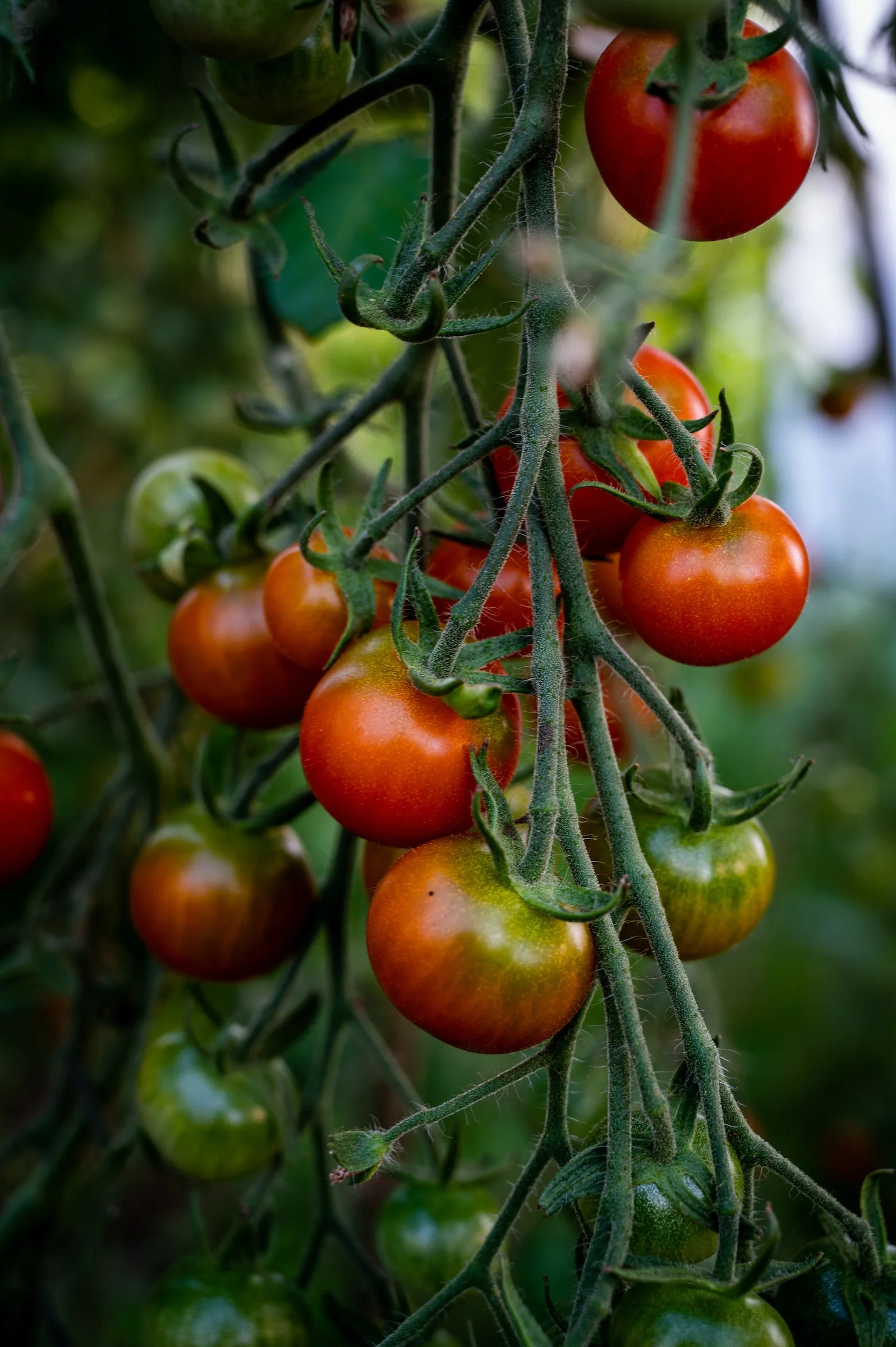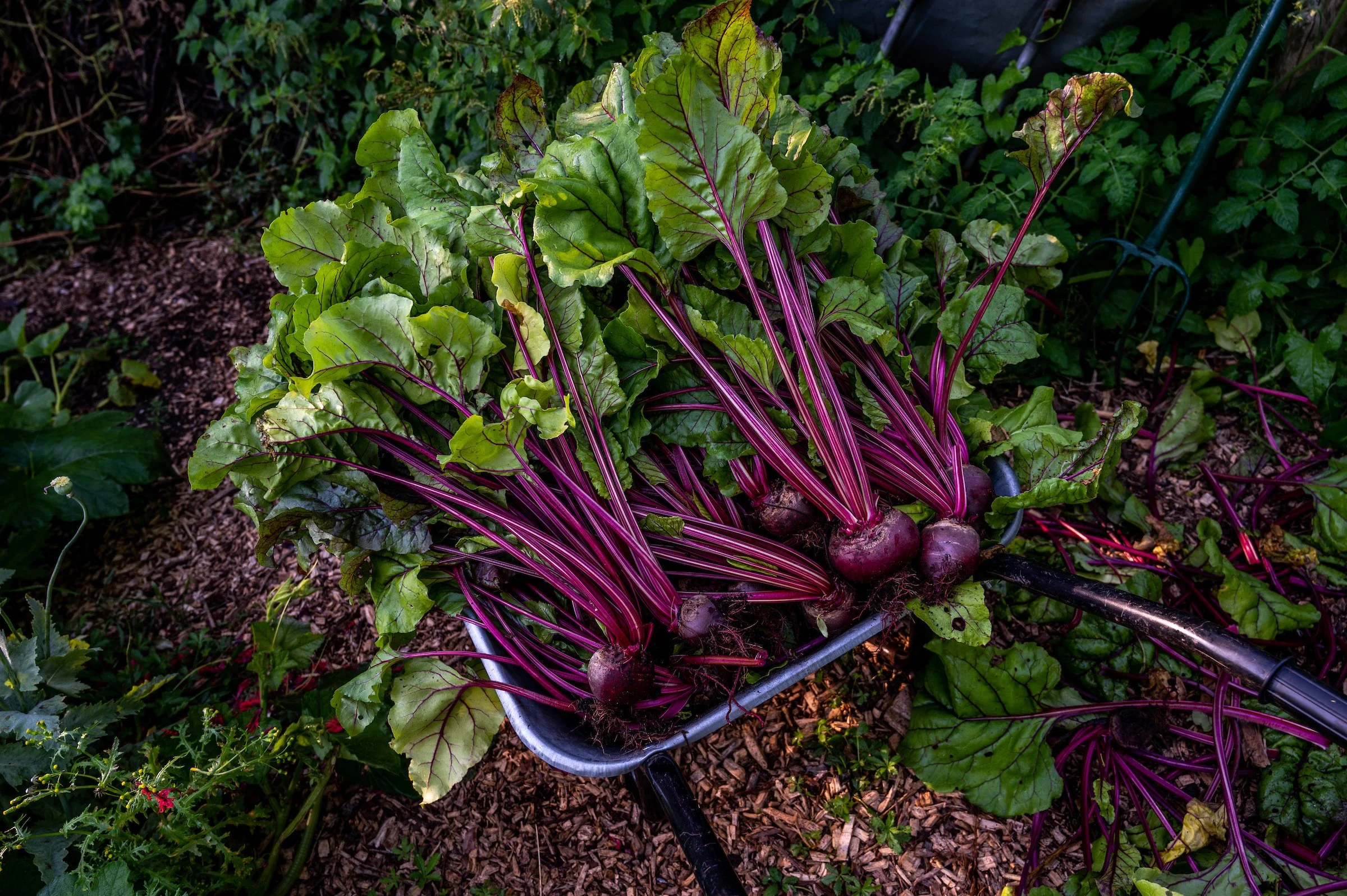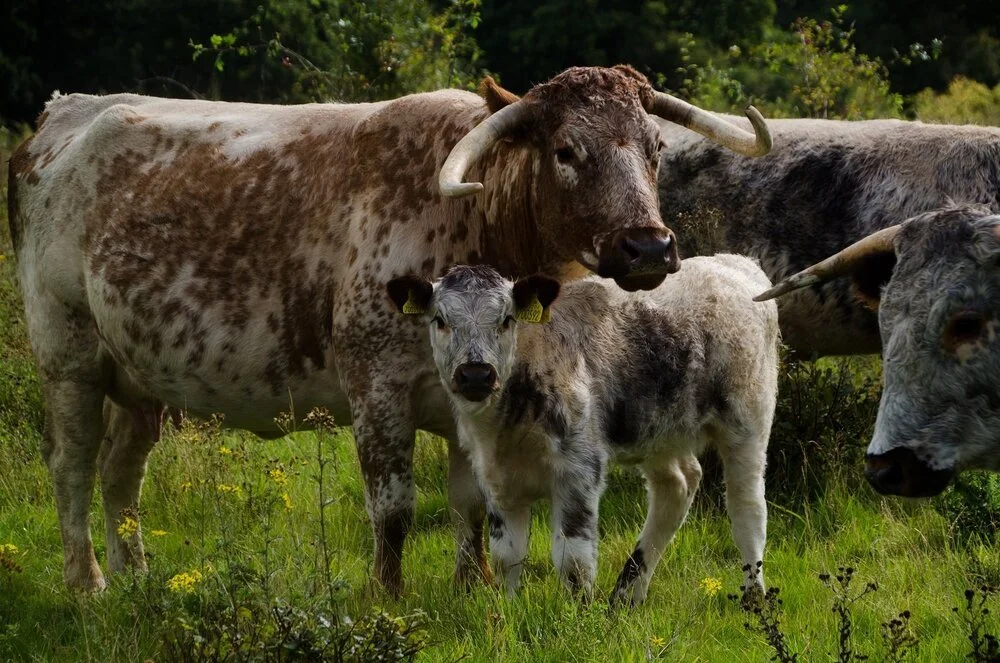
Our Vision
Our mission is to deepen a collective relationship with the beauty, wonder and cycles of nature, build strong, resilient and place-based community, grow a reliable, affordable and healthy supply of food for local people and steward this extraordinary piece of land towards more life & diversity for generations to come.
We’re excited about what farms like Lord’s Park can be as flagships for that mission, for meeting the needs of the local area, and the region, and as a beacon for a new way to think of and use farms for the good of the community, the land and the planet.
Immersive experiences on the land
We believe that growing food together is a powerful way for us to breathe new life into our relationship with the living world. Food binds us to our soil, seed and our local land. It could be a vehicle for an authentic place-based culture and resilient, supportive communities. It also empowers us to heal ourselves and our planet in the face of climate chaos and biodiversity collapse.
Secure, affordable & agro-ecological food
We believe that growing food together is a powerful way for us to breathe new life into our relationship with the living world. Food binds us to our soil, seed and our local land. From 2025, we’ll offer a weekly share in the harvest, grown with love and with nature, through our membership-based community supported agriculture (CSA) scheme, to homes within a 10-mile radius of the farm, on a sliding scale, with zero plastic packaging and zero waste.
Nature-rich grasslands
We believe that growing food together is a powerful way for us to breathe new life into our relationship with the living world. Food binds us to our soil, seed and our local land. It could be a vehicle for an authentic place-based culture and resilient, supportive communities. It also empowers us to heal ourselves and our planet in the face of climate chaos and biodiversity collapse.
Trees.
We’ve already planted over 1000 native trees, and 70 apple and pear trees, the beginnings of a community orchard, at Lords Park since we arrived. We have plans for a whole-farm agroforestry design, integrating tens of thousands of trees of all kinds with our vegetable growing, arable crops and grazing animals for additional food sources, shelter, food and habitat for wildlife, soil health, animal health and a regenerative source of firewood, timber and Woodchip for our compost mulch.
We’ll bring people together to plant these trees on Community Tree planting days each winter and welcome folks into the community orchard to sit and enjoy the peace, or help harvest and process the apples and pears for juice!
Collective wellbeing.
Volunteering, collective wellbeing, safe space. Inclusivity.

Evidence and research
Many aspects of our vision are progressive and look at models of work and delivery which address important national agendas and government goals, namely the Wellbeing of Future Generation Goals. We believe that research practice could assist with some of this future work, and used to test ideas and establish best practice. Building on multidisciplinary research collaborations we’ve already carried out with SOAS - University of London, UWTSD, Cardiff University and UWE Bristol in areas such as food insecurity and injustice, mental health and community food models, we’d look to grants and research funds available to examine the ecological, social and cultural impacts of our work at Lords Park.
We’ll track any progress made in biodiversity, carbon sequestration, soil health, wellbeing, belonging, skills and employability, purpose, hope and optimism. As well as working with research institutions, we’ll also employ our own tools to monitor social and ecological impact, such as the Social Value Engine, the UK’s only accredited solution to accurately and transparently measure the social value you provide to your community.
A Community Hub
Church, village hall. Farms could be for culture.
Practically - facilities.

Aims & Objectives
With each decision we make, to ask what is in the best interests of the Earth & the children of seven generations hence.
Looking to nature for inspiration and examples of how we work, design our space, grow food, build soil and our community and how we design our organisation.
To develop our skills and learn new techniques to continually improve the way we grow, lighten our tread and be more regenerative.
To model a low-impact, zero waste, a regenerative presence on the Earth.
To walk the walk, not just talk the talk.
To actively value diversity and equality, to treat everybody equally, creating safe, non-judgmental space of non-duress and to be adaptive to the individual needs of every team member, volunteer or workshop participant.
To empower, nurture instinct and intuition, offering advice when needing, but allowing people to find their way.
To grow food using a fusion of biointensive, regenerative and highly-productive techniques from the fields of permaculture and agroecology.
To share pathways to living a more regenerative life.
To offer transparency and sovereignty to our members.
To clearly communicate our values, aims, knowledge and techniques through volunteer programmes, courses and workshops, community gatherings and print and online media.
To model a legitimate, small-scale and local alternative to the industrial food system by feeding local families every week through the season.
To identify and address the barriers to eating locally, healthily and living more sustainably, to all members of the community in the conversation on how to build a brighter future.
To demystify cooking and food preparation, and empower community members with the basic skills and knowledge needed to eat hea;thily, seasonally and in a planet-friendly way.
To harness the power of growing food, in community, for whole-system health - our nutritional, mental, emotional and spiritual health, the health of our communities and our culture, and the health of our planet and our local environment.
To take a whole-picture view on sustainability, not reducing it to any singular issue, but acknowledging its intersectionality.
To experiment with and model the role small-scale community food systems can play in building community, improving social cohesion and offering a more sustainable, local thriving culture of food.
To remember the childlike awe and wonder of the natural world, and invite our community to do the same.
To align our events with the changing seasons, building a culture of celebration of food and community and reverence for the natural world.
To work to remove barriers to high-quality, nutrient dense, medicinal food, grown ecologically - whether social, economic or political.
To create a space that is inclusive and welcoming and safe for minority communities.












